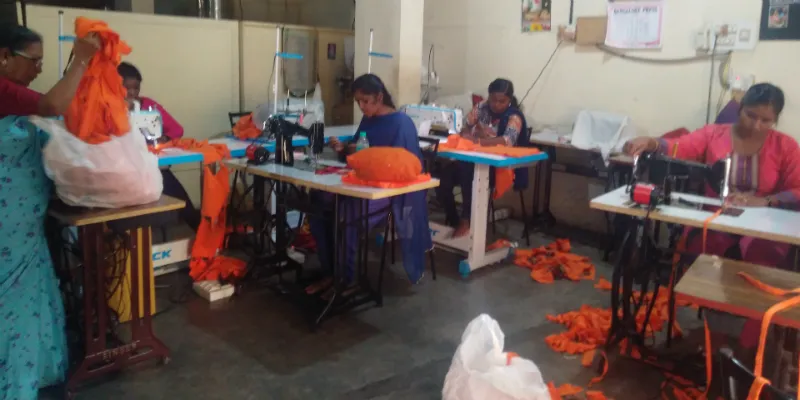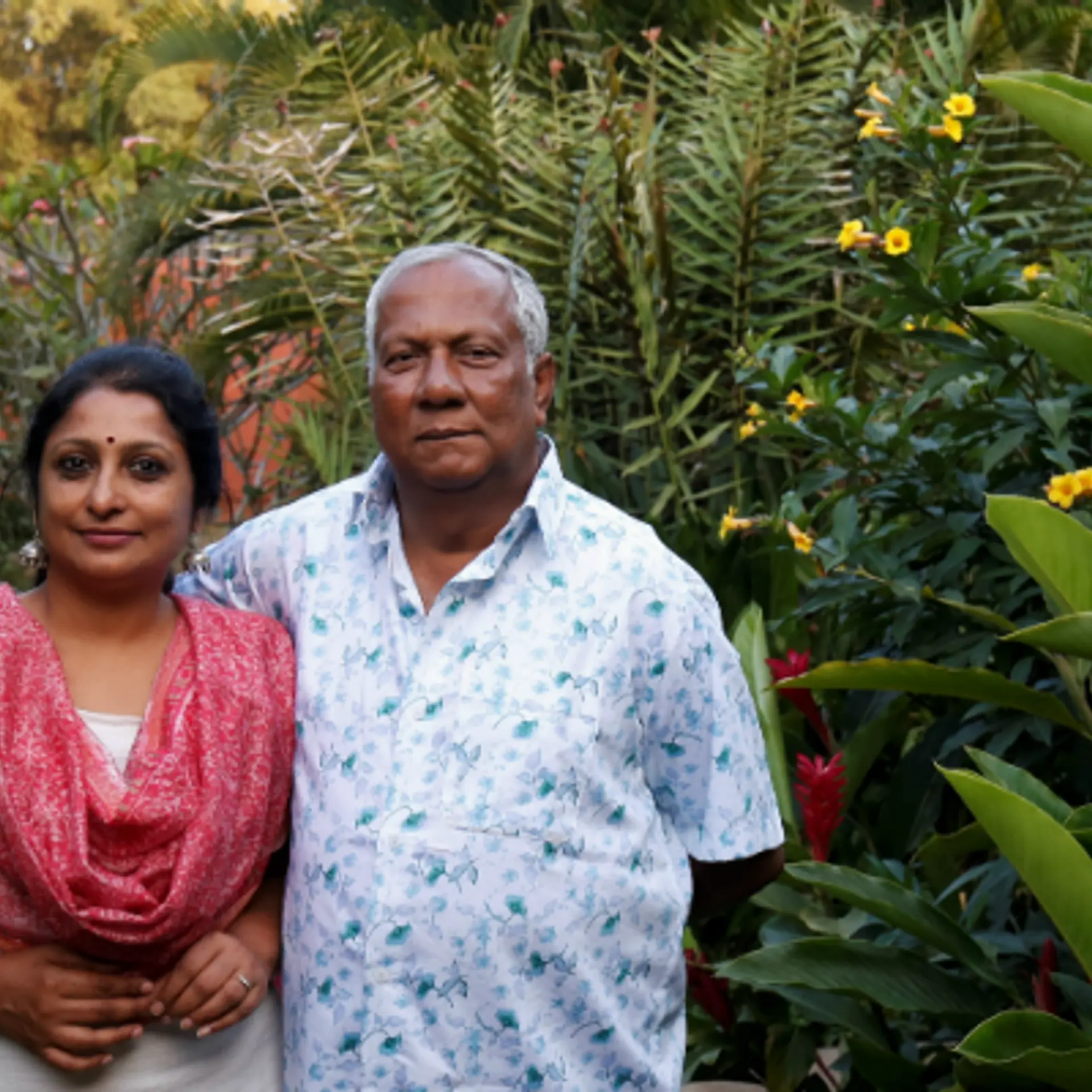Fabricology aims to tackle plastic pollution with eco-friendly bags
As we get more concerned about the alarming scale of plastic pollution across the world, many entrepreneurs and businesses are coming up with creative ways to tackle the crisis. While solving the problem on a large scale might not be possible for all, taking up smaller initiatives to protect our environment will prove to help us in the long run.
Aiming to solve this very problem, 50-year-old Bharathi Chandru founded Fabricology in 2013 in Bengaluru. The company aims to promote environmental conservation by encouraging the use of reusable cotton bags as a replacement for plastic ones.
Fabricology manufactures and supplies shopping bags, tote bags and canvas bags made up of jute, cotton and other fibres.
Bharathi says she had to take a loan of Rs 5 lakh from a bank to set up the company. Today, the company is seeing an annual turnover of Rs 10 lakh. The company comprises of a close-knit team of 10 members, she adds.

Fabricology team at work
Taking the green route
A strong believer in environmental protection, Bharathi always wanted to engage herself in protecting the environment. Hence, she decided to first begin from home by educating her family members about the advantages of reducing the consumption of plastic.
“When it comes to daily living, we sometimes miss out on small things, which tend to have a greater impact on our ecosystem. So I decided to make a small contribution from my side,” she says.
Coming from a middle-class family, Bharathi holds a diploma in Fashion Designing and was trained by the MSME-DI Bengaluru office. After receiving guidance here, she also found assistance from the officials who provided her with skilled labourers during her initial days after starting the company.
Today, Fabricology’s target markets include the departmental stores, family bazaars, apparel stores, etc., where cotton bags are sold as a substitute for plastic/ polyethene/paper covers.
Cotton vs Plastic
Bharathi says, “At present, plastic bags have been banned by the government in many places around India, and even in Bengaluru plastic cutlery and bottled water are not allowed in many places. As a result, everybody is switching to recyclable clothing bags and other eco-friendly substitutes.”
“The cotton tote bags are inexpensive, durable, reusable and recyclable in nature and can also be cleaned easily. Our customers are satisfied by both the price and quality and therefore these products are able to compete in the market since they have become the need of the hour. The demand for these products is high and is likely to increase even more in the coming years, and so the market has a lot of potential,” she adds.
While the demand is increasing, customer acquisition is equally important. “I make use of exhibitions, trade fairs and other events organised by MSME-DI and other government agencies as a platform to promote and advertise my products and also to create awareness. I also make constant efforts from my side to form industrial associations like LUB,” she says.
Challenges faced
Bharathi says, finding skilled labour was very difficult initially and also as the team was very small, it was tough to have a like-minded ideology. But gradually, as the word spread, people with similar thoughts and skills joined the team.
“There is no continuous order and credit flow in the business and I am also trying not to accept many orders at once, which sometimes becomes difficult for me to complete in the stipulated time,” she says.
Bharathi wants the government to reduce the interest on loans so that entrepreneurs are promoted.
She says, “If the government helps us in promoting these eco-friendly bags, then the use of plastic bags as a source of pollution can be reduced to a certain level. The government should also create awareness and help MSMEs like us in the sales and marketing of the products by encouraging and rewarding innovation.”
Future plans
Bharathi aims to expand her customer base and diversify her product range. She also wishes to export her products abroad as well.
Bharathi believes people who want to set up their business in the same sector should get trained first, and should try to gain some experience and only later should they think of starting their own venture.
(This story is published in partnership with the MSMEs Ministry to showcase success stories of SMEs)







